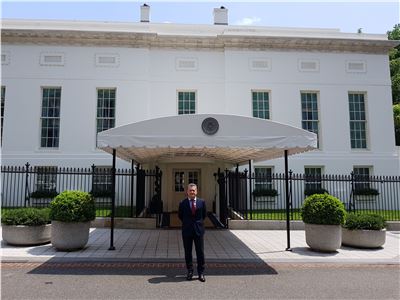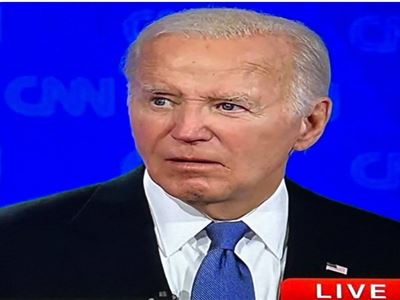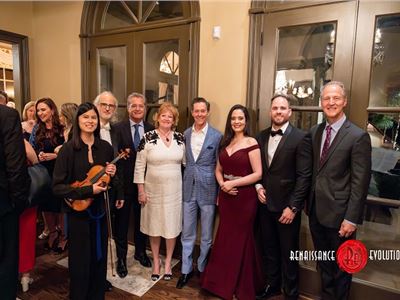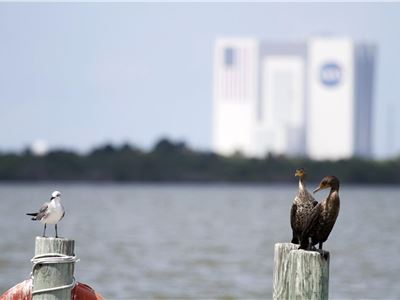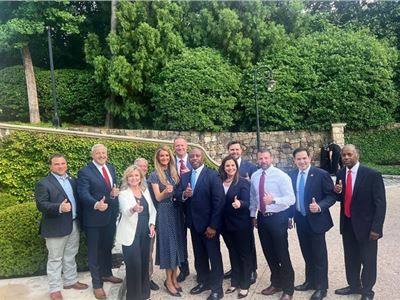by TIM PHILLIPS
Not surprisingly, legacy media and many anti-Trump analysts declared “warning signs” and “flashing red lights” for Trump even before he finished his victory speech. His detractors point to the “closeness” of the result, saying that Trump should have won by more than 11 percentage points. However, Trump won the highest percentage of any non-incumbent Republican presidential candidate in the storied history of the New Hampshire primary, with 54.5%, besting the 50.2% won by Ronald Reagan in 1980.
Detractors also are making much of the polling examining the supporters of Trump’s opponent, Nikki Haley. A Politico article detailed how 43% of Haley supporters in New Hampshire said they would vote for Joe Biden, and CBS exit polling stated that 86% of Haley voters would “not be satisfied” with Trump as the Republican nominee. Without question, Trump has much work to do to unite the Republican Party and win over genuine independents. At the same time, New Hampshire allows “undeclared” voters to participate in primaries, and many of these voters are liberals who seldom vote for a Republican in a general election. They flocked to this Republican primary to vote against Trump because there was no competitive Democrat primary for president.
It’s worth noting that voter turnout in this New Hampshire Republican primary shattered all previous records for turnout in either party’s primary. The previous record voter turnout for a New Hampshire presidential primary was the 2020 Democrat primary, with 296,000 voters as Bernie Sanders swept to victory. The previous Republican high was in 2016, as 284,000 people voted as Trump won. This year, over 321,000 people voted in the Republican primary.
Voter turnout is usually the clearest indicator of voter intensity. Casual voters only vote in an election if they feel strongly about the result. Without question, Donald Trump drives intensity both for and against. Many of New Hampshire’s “undeclared” voters turned out, and exit polling indicates they voted overwhelmingly against Trump and for Nikki Haley. According to the exit polling, she won these “undeclared” voters by 22%.
However, Republicans ALSO turned out to vote in record numbers, and they supported Trump, according to the exit polling, by a stunning 59%. It’s clear that, as in Iowa, most Republicans and conservatives have coalesced behind Donald Trump.
Therein lies the immovable obstacle for Nikki Haley and her major donor supporters. New Hampshire’s electorate provided their best chance to derail Trump as state law allowed the over 300,000 “undeclared” and mostly more moderate voters to participate in the Republican primary. In addition, Republicans in the state are more moderate than Republicans in upcoming states.
From the stage in New Hampshire, Haley declared that she looks forward to returning to her home state of South Carolina. But, a closer look at the primary electorate there shows her considerable challenge.
South Carolina Republican primary voters are far more evangelical Christian, blue-collar, and conservative in their voting history than New Hampshire. In other words, South Carolina Republican primary voters look far more like Trump voters than Haley supporters.
The last competitive Republican presidential primary in South Carolina (2016) saw 739,000 people vote. Three strongly conservative\populist\evangelical appealing candidates ran: Trump, Ted Cruz, and Ben Carson. Combined, they won 62% of the total vote. The three candidates running in the Nikki Haley lane (Jeb Bush, John Kasich, Marco Rubio) won 37% of the total vote.
In Haley’s insurgent 2010 campaign for governor of South Carolina, she ran as a “tea party” candidate. Sarah Palin, who was the movement's icon at the time, endorsed her. However, as governor, Haley was more of an establishment Republican who supported raising the gas tax while failing to push for genuine education reform or state spending cuts.
Yes, Haley will outspend Trump in South Carolina as her super PAC and other outside groups are flush with cash. Haley also attracts a strong base of small-dollar donors who want to defeat Trump. However, she also heavily outspent Trump in Iowa and New Hampshire to no avail.
I grew up in the upstate of South Carolina near Spartanburg. In the 1980s and 1990s, as the state slowly turned into a reliable Republican bastion, the transition was led by college-educated suburbanites and evangelical Christians who elected the transformational governor Carroll Campbell in 1986 and re-elected him in 1990. The Trump revolution of 2016 added in a wave of populists and many new less religious blue-collar voters while still maintaining evangelical Christians. In recent years, the Atlantic coast of South Carolina become a haven for large numbers of snowbird retirees from “up north” who tend to be Trump backers.
One last point, and it’s counter-intuitive. Most of South Carolina’s elected Republican leaders are endorsing Donald Trump. The popular governor, Henry McMaster, is chairman of Trump’s campaign. Both US senators are with Trump (iconoclast neo-conservative Lindsey Graham and strongly evangelical social conservative Tim Scott). The state’s congressional delegation (except for Ralph Norman) is endorsing Trump. Most state legislators are on board with Trump as well.
Yet, when you talk to average Trump voters in small towns like Pickens or coastal voters in Horry County, they will usually describe themselves as insurgents shaking up the old establishment Republican Party. So, Trump has BOTH the energy of an insurgency and the power of incumbent elected Republicans as he seeks to crush Haley in her home state.
Not surprisingly, polls of likely South Carolina primary voters and the feeling on the ground indicate another big win for Trump as he marches inexorably toward a rematch with Joe Biden in November.
The Author, Tim Phillips, is a Republican strategist and consultant with long experience at the presidential, senatorial, and congressional levels. He has appeared regularly in major media publications and across all the major television networks. Current company: Hyperfocal. From 2006 through 2021, he was President of Americans for Prosperity. He is actually on the board of Renaissance Evolution.
- Tags: donal j. trump nikki haley new hampshire biden
- Categories: Politics White House





